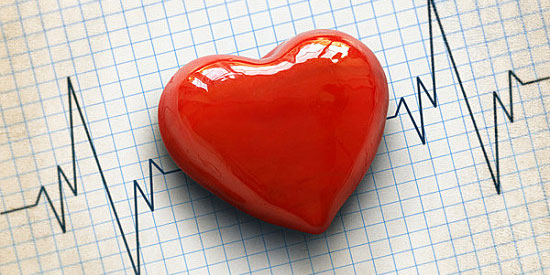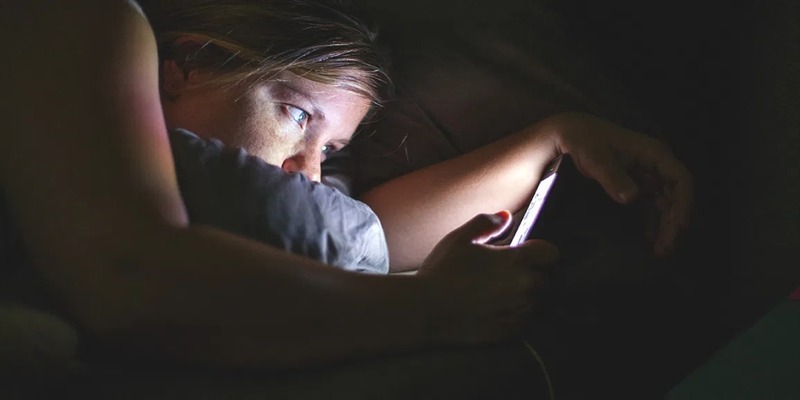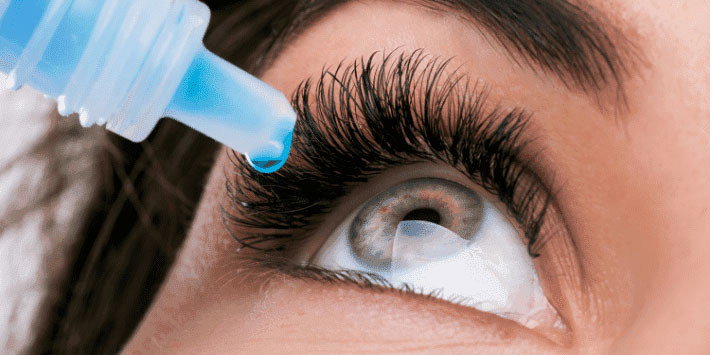
Even though they could make you nervous, heart palpitations are rarely caused for concern. Rarely, heart palpitations may indicate a more severe cardiac issue, such as an irregular heartbeat (arrhythmia), that may need treatment if it is not managed properly.
Symptoms
The following are some of the sensations that might accompany heart palpitations:
- Overly rapid heartbeat
- Flip-flopping
- Fluttering fast
- Pounding
- Skipping beats
In addition to the chest, heart palpitations may sometimes be felt in the throat or the neck. They might happen either while you are active or when you are at rest.
When Should One Go To The Doctor?
In most cases, a patient's palpitations that occur infrequently and only persist for a few seconds do not need further evaluation. Talk to your doctor if you have a history of heart problems and have palpitations that are worsening or occur regularly. They might be a sign of something more serious. To determine whether or not the vibrations result from a more severe cardiac condition, you may need to monitor your heart. If you have heart palpitations, you should seek immediate medical assistance, especially if:
- Discomfort or pain in the chest
- Fainting
- a severe lack of oxygen in the blood
- Severe dizziness
- Make a Reservation to See a Doctor at the Mayo Clinic
Causes
In many cases, the reason behind heart palpitations cannot be pinpointed. Common reasons include the following:
What It Feels Like
It feels like your heart is pounding, fluttering, or skipping beats. These sensations might be referred to as pulses. Even though they could make you scared, most aren't dangerous and only sometimes need treatment. If you are aware of the factors that cause your racing heart, you will be better able to control your reaction to the condition and recognize when you need medical attention.
Tension and Nervousness
Strong emotions have been shown to cause the production of hormones that cause a person's pulse to quicken. Even if you aren't in danger, your body will prepare itself as if you are. Intense episodes of terror that may last for only a few minutes are what we call panic attacks. In addition to chest discomfort, symptoms include a rapid heartbeat, perspiration, shivering, and difficulty breathing. It is possible for a panic episode to feel exactly like a heart attack. Seek medical attention if you are unsure which symptoms you are experiencing.
Exercise
Exercising regularly is beneficial to your health. Running at a rapid pace or participating in an intensive indoor cycling class will, of course, cause your heart rate to increase. This encourages your heart to pump more blood, which provides more fuel for your muscles as you continue your exercise. Exerting yourself may create vibrations, but they can also be caused by an abnormal heartbeat, often known as arrhythmia.

Caffeine
Do you notice a change in your heartbeat rate after drinking your morning latte? Whether you receive it from coffee, soda, an energy drink, tea, chocolate, or another source, caffeine is a stimulant that causes your heart rate to increase. Caffeine may be found in a variety of foods and beverages. According to the findings of one research, those with cardiac conditions under control are less likely to have palpitations when they consume caffeine in the form of coffee, tea, or chocolate. However, medical professionals are unsure whether or not it may set off arrhythmias in patients with cardiac rhythm issues.
Nicotine
Nicotine, the substance that makes cigarettes and other tobacco products so addictive, may cause an increase in both your blood pressure and heart rate. Even though quitting smoking may not immediately reduce your heartbeat, it is one of the finest things you can do for your heart and is one of the best things you can do for your overall health.
Hormone Changes
A woman can have a rapid heartbeat while she is having her period, when she is pregnant, when she is getting near menopause, or when she is going through menopause. The reason for this is the quantities of hormones. The increase in heart rate is typically very transient, so there is no need to be concerned about it. If you're pregnant and have vibrations, you may have anemia.
Fever
When you are sick and have a fever, your body expends energy at a more rapid rate than it would under normal circumstances. This may cause your heart to start racing. To affect your heart rate, your temperature typically has to be above 100.4 degrees Fahrenheit.

Determinants Of Risk
Some of the following are considered to be risk factors for heart palpitations:
- Stress
- Anxiety disorders, as well as attacks of panic
- Pregnancy
- Some drugs, such as those used to treat colds or asthma, include stimulants; these are medicines.
- A thyroid gland that is working too hard (hyperthyroidism)
- Other heart disorders include an irregular heartbeat, changes in the structure of the heart, a history of heart attack or a history of heart surgery.



